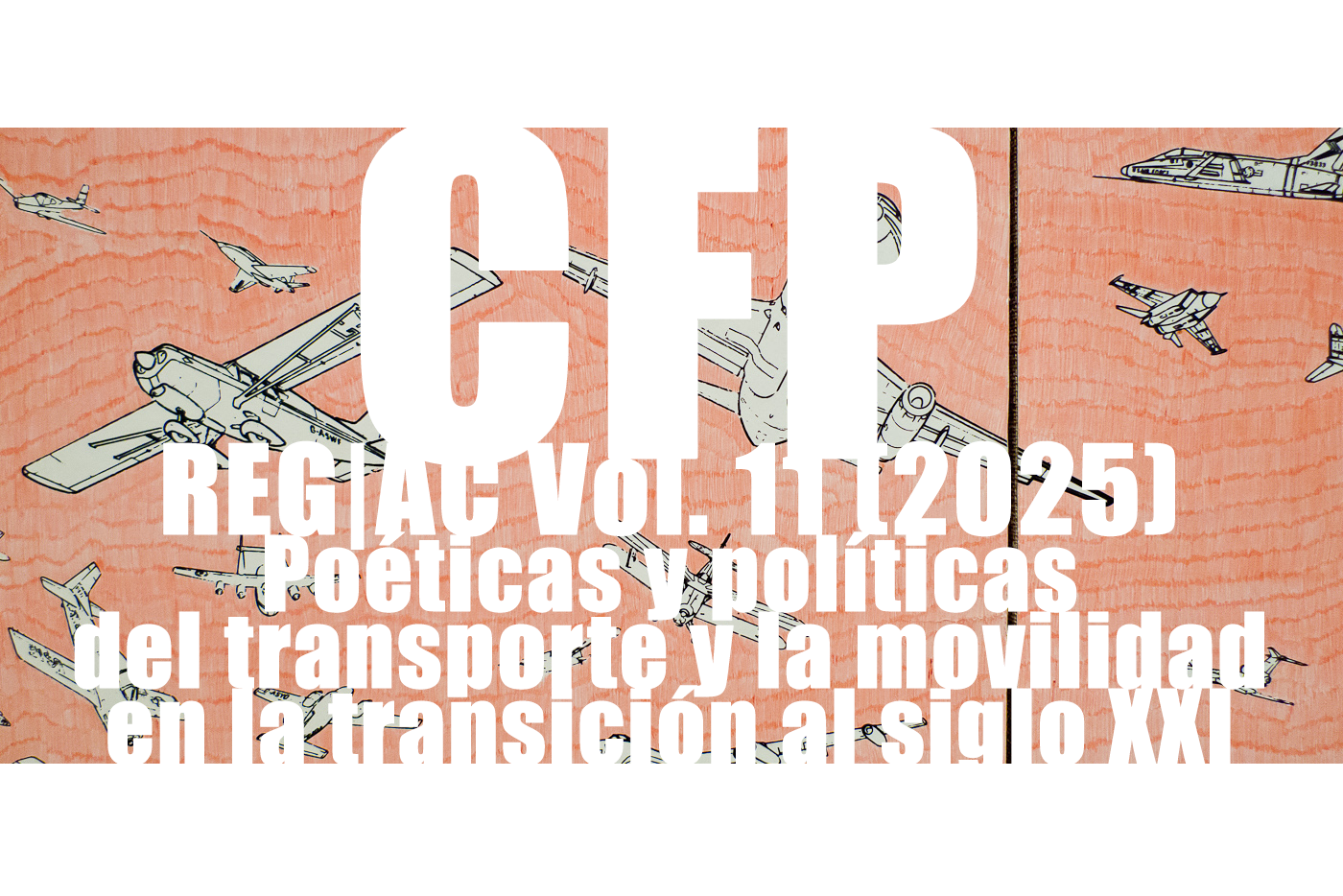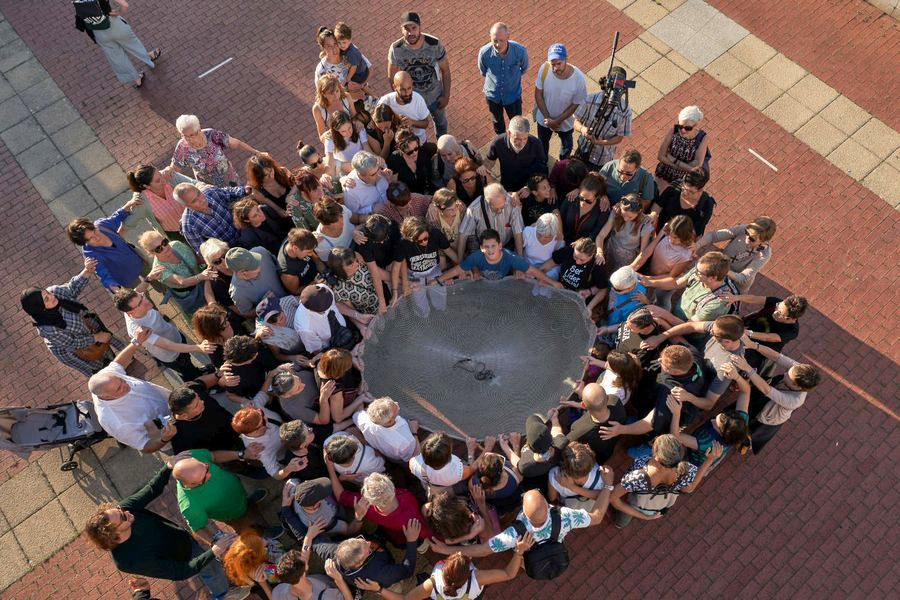
Número actual

Este número especial pretende abordar los recientes avances de la práctica socialmente comprometida en el campo de la producción y la curaduría de arte. Un importante corpus de literatura ha profundizado en sus diferentes manifestaciones en la escena artística contemporánea, así como en su potencial para cuestionar los modos establecidos de praxis cultural, a menudo incrustados en el sistema neoliberal. Pasando de contextos relativamente marginales a la corriente principal, el giro social ha logrado un reconocimiento y una visibilidad significativos en las dos últimas décadas, tanto en los museos como en los entornos académicos. Sin embargo, a pesar de abrir el arte y la curaduría a múltiples agencias, las prácticas colaborativas, como sugiere la erudición contemporánea, también revelan inconsistencias y puntos de tensión. Dadas estas ambivalencias, estas son algunas de las principales preguntas que abordan los artículos seleccionados a través de un enfoque híbrido que combina la reflexión teórica y la práctica creativa: ¿Cómo puede el arte crear alianzas para complementar y sostener la acción política sin apropiarse de las luchas y experiencias colectivas? ¿De qué manera contribuyen las iniciativas socialmente comprometidas a transformar las estructuras de producción cultural y desafiar los sistemas de opresión? ¿Cómo abordan los artistas, colectivos y comisarios las problemáticas asimetrías de poder dentro de su propio proceso creativo y evitan "mecanismos de captura" (Gallisá Muriente et al., 2023), es decir, formas de extractivismo cognitivo? ¿Qué contradicciones surgen a la luz de la creciente aceptación institucional y académica de estas formas de arte? ¿Puede la exposición general contribuir a diluir la dimensión política y polémica de estas prácticas artísticas colectivas, así como reintroducirlas en los circuitos artísticos convencionales y en los sistemas de generación de valor? ¿Cómo puede descolonizarse la reflexión teórica sobre estas manifestaciones culturales a través de conceptualizaciones y estudios no centrados en Occidente?
Editora invitada: Chiara Sgaramella (Ph.D.), Universitat Politècnica de València
En colaboración con: Anna Maria Guasch Ferrer, Directora de REGAC; Anna Pérez Milán (candidata a doctorado, Universitat de Barcelona); Sergio Rodríguez (candidato a doctorado, Universitat de Barcelona); Agradecimiento especial a todos los pares ciegos por garantizar la calidad académica de esta revista y proporcionar valiosos comentarios a los autores. Este número ha sido posible gracias a: Ayudas Margarita Salas (2021), Programa de Requalificación del Sistema Universitario Español (Ministerio de Universidades), financiado por la Unión Europea-NextGeneration. Proyecto de I+D "Visualidad y geoestética en la era de la crisis ecosocial. Enfoques analíticos (VIGEO)", PID2022-139211OB-100.
Crédito de la imagen: Carolina Caycedo, Alejandra Tatiana Montoya y Mireya Perea (2024). Atarraya, performance colectiva. Cortesía del Museo de Arte Contemporáneo del País Vasco, Artium Museoa. Fotografía: erredehierro.


